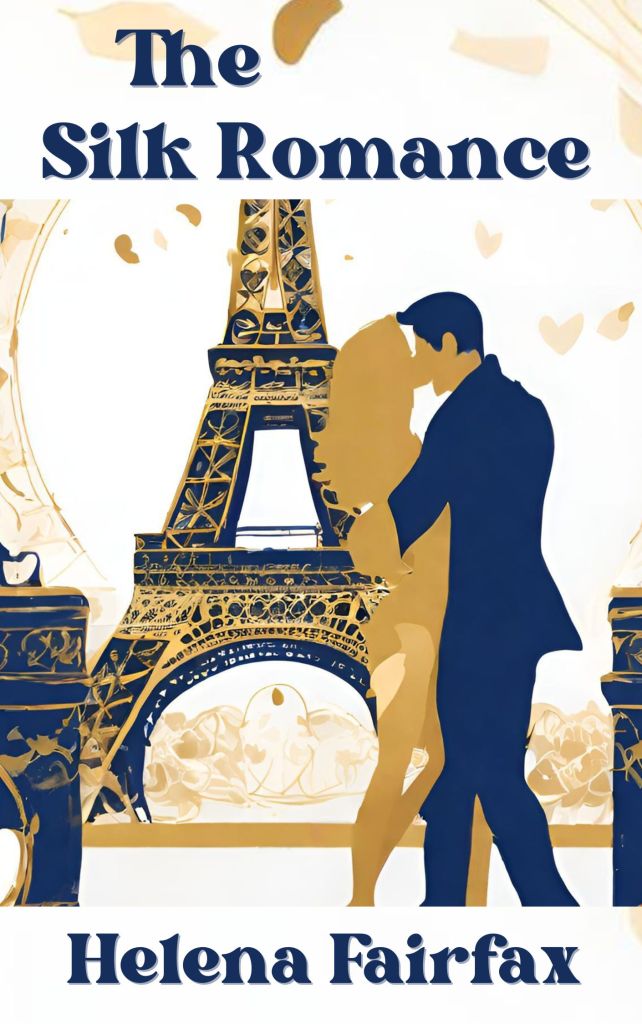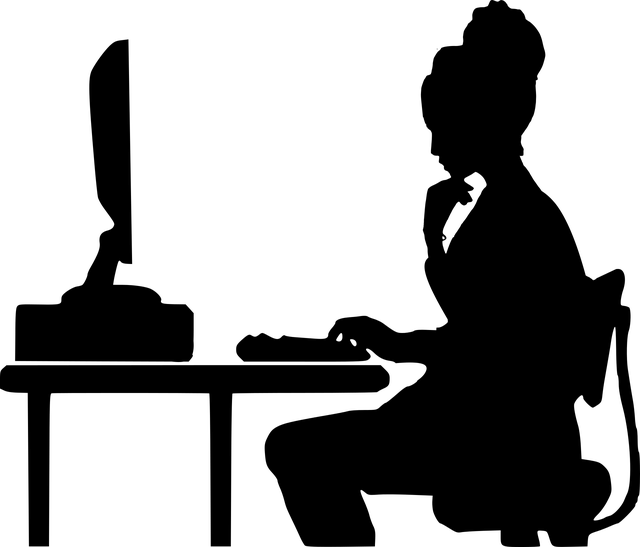Another month, and another authors’ Round Robin. This month our question is…

What are the advantages and disadvantages of first person, third person and the omniscient point of view?

It wasn’t until my first novel, The Silk Romance, was going through editing that I grasped point of view as a writer. I learned a lot from my excellent editor and rewrote many scenes with a much tighter focus, vastly improving the story.
Now, working as a freelance editor of fiction myself, I also see manuscripts where the point of view seems to vary in places. A shifting point of view can mean the reader isn’t fully emotionally engaged, which means they’re more distanced from the characters, and sometimes they’re simply confused as to who is telling the story.
First person point of view
In first person, the story is told from inside one character’s head, using ‘I’.
‘ “I think we should swap,” I tell Bee, bobbing up into a half-squat so I can talk to her over my computer screen. “I’m bricking it. You should do the start and I’ll do the end.” ’

This first line of The Switch, by Beth O’Leary, is a great example of some of the advantages of using first person point of view.
- Instant bond: Straightaway we’re inside the protagonist’s head, sitting at her desk. This gives a sense of intimacy and emotional engagement.
- Character depth: This pov more or less forces you as a writer to give the protagonist depth, because you can hardly write a story in the first person without showing the protagonist’s thoughts, emotions and motivations.
- Voice and style: With first person, you have to use the main character’s individual voice to tell the story, rather than your own as the writer. This unique voice adds to character depth, and again helps immerse the reader in the characters’ emotions.
The disadvantages of using first person point of view
- Keeping the perspective: One of the difficulties in writing first person is that you need to stay in this person’s head at all times. It may sound obvious, but it’s surprisingly easy to stray and give the game away that this story is being told by you, the author, and not your character.
- Keeping the reader on board: While having the story told in a distinctive voice can be an advantage, what if readers start to get tired of listening to the same character? Keeping the voice fresh and interesting can be a challenge.
- Keeping the reader informed: Sometimes you need to let readers know something that your main protagonist can’t possibly know. If you’re writing in the first person, this can take some thought and ingenuity.

Third person point of view
Third person pov (‘he said’, ‘she did’) can be used in a couple of ways.
Close third person This is similar to first person, in that you are looking at the world from inside your character’s head and through your character’s eyes.
Advantages of close third person:
- With third person you can show more than one character’s point of view and the reader will see events from various perspectives
- Third person allows you to give a little narrative distance, which is useful if you don’t want the voice/style of the novel to be dominated by your main protagonist’s individual voice
Third person remote It’s not easy to describe this approach, but perhaps think of it as you, the author, following your characters and seeing the world over their shoulder, rather than being inside their head.
Advantages of third person remote: This approach is useful if you have a lot of characters in an epic, plot-driven tale. It would be overwhelming for readers if they had to feel the emotions of every one of these characters closely.

Disadvantages of third person pov
- By staying inside one character’s head you’re able to give that character more depth and have the reader more emotionally involved. It takes skill to move from one character’s head to another’s mid-scene. Switching viewpoints in an arbitrary way is known as head-hopping. (If in doubt, it helps to stick to one character’s point of view per scene/chapter.)
- Besides jumping into another character’s point of view, with third person it’s easier to fall into the trap of jumping into the omniscient point of view – that is, jump from your character’s head into something that only you, the author, can know. It helps to stick rigorously to your character’s viewpoint and only describe what they can see/hear/feel/remember.
The omniscient point of view
In the omniscient point of view, the story is told by an all-seeing narrator who knows everything.

‘When Mary Lennox was sent to Misselthwaite Manor to live with her uncle everybody said she was the most disagreeable-looking child ever seen.’ Mary Lennox is the central character in The Secret Garden, by Frances Hodgson-Burnett. The narrator knows everything outside Mary’s point of view, including what others are saying about her.
The advantages of the omniscient point of view
- The omniscient point of view can bring an extra dimension that’s not possible in a close point of view. It allows you to ‘pull back’ and reveal things that aren’t clear to the main characters
- Using this pov can help you keep a certain narrative distance. This is useful if you don’t want the reader to feel overwhelmed by the characters’ emotions at any point – for example, when describing the horror of a battle scene
- It can be easier to move seamlessly from one scene to another, without abrupt changes in point of view
The disadvantages of the omniscient point of view

- It takes some skill to have readers feel deep emotional involvement with the characters when using this point of view. Authors I admire who do this really well are Charles Dickens, Margaret Mitchell in Gone with the Wind, and Gabrielle Zevin in Tomorrow, and Tomorrow, and Tomorrow.
- Switching too quickly between characters when writing in the omniscient pov can be bewildering for readers, just as it is when writing in the third person. It’s also easy to start creeping into writing a close third person. If you do this, you lose the distance of the omniscient narrator, and again this can be confusing for readers, who’ll begin to wonder who is telling this story. (I’ve felt this sometimes when reading Robert Galbraith’s Cormoran Strike books.)
Choosing point of view
When choosing point of view it can help to take a step back and weigh up the advantages and disadvantages of each perspective, but sometimes the only way to decide is to begin writing the story. Even the best writers, though, can sometimes slip out of their chosen perspective here and there in the narrative, and this is where an editor, or at least a good beta reader, can help.
*
I hope you’ve found my tips on point of view useful.
If you’d like to read the other authors’ takes on this month’s topic, please click on the links below.
In the meantime, do you have a favourite point of view to write? Or to read? Do you ever struggle with point of view?
If you have any comments at all, I’d love to hear from you!
Bob Rich – https://wp.me/p3Xihq-3aE
Connie Vines http://mizging.blogspot.com/
Diane Bator https://escapewithawriter.wordpress.com/
Helena Fairfax http://www.helenafairfax.com/blog
Victoria Chatham http://www.victoriachatham.com
Skye Taylor http://www.skye-writer.com/blogging_by_the_sea


Leave a Reply